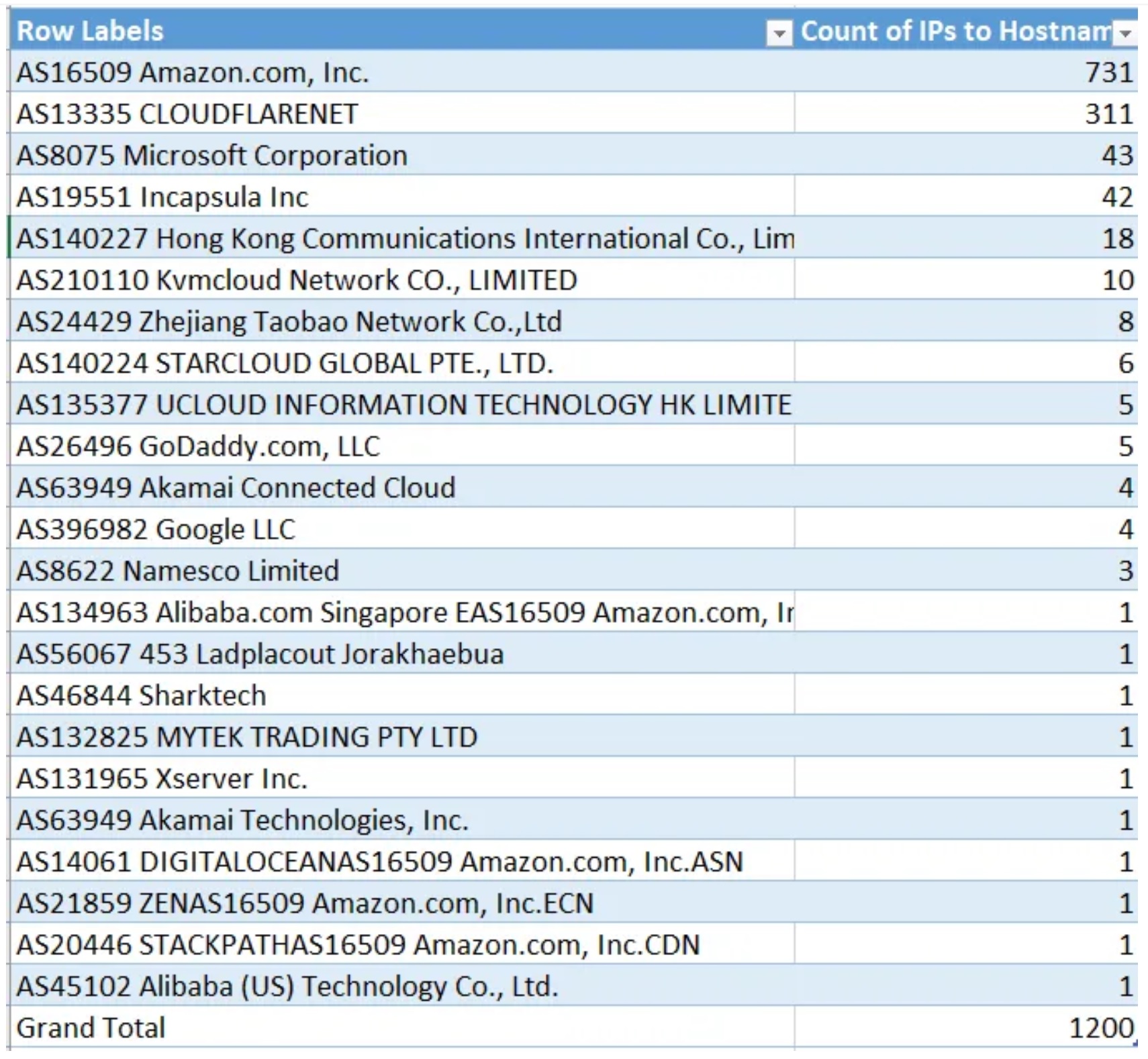Exposing the major networks behind gambling sites: PH government takes a hard line on online gambling
Recent data reveals three major players hosting over 90% of blacklisted gambling sites. What's the next move?
By Wilson Chua
At A Glance
- The Philippine government, through the National Telecoms Commission, is taking a strong stand against online gambling.
- The NTC blacklist has expanded considerably in a short time. Initially, it contained less than 100 sites, but as of August 17, 2023, the list has grown to over 570 sites.
- All of the identified gambling sites are based outside the Philippines, highlighting the international nature of the online gambling issue.
- Not all ISPs in the Philippines have the capability to block these sites based on the NTC-mandated blocks. Therefore, there are suggestions in place to streamline the process for these ISPs, including providing the blacklisted sites in a more accessible format and discussing potential solutions with major hosting providers.
The rapid proliferation of online gambling has ignited concerns on a global scale, prompting governments to address its impact and prevalence. The same concerns hold true in the Philippines as well.
A recent analysis of top networks hosting gambling sites in the NTC blacklist provides a clearer picture of this digital landscape. Here is the list of hosting providers that serve gambling sites, with the number of times their IP address was used:

The Surge of Online Gambling Networks
Recent analysis has unmasked the principal networks responsible for hosting a significant proportion of these gambling sites. These networks often transcend geographical boundaries, intricately weaving a complex digital tapestry that caters to a global community of gamblers.
This analysis shows two things:
- Just “coordinating” the restrictions with only 3 major players: Amazon, CloudFlare and Microsoft will cover over 90% of all the identified gambling sites. This is way more efficient than asking ISPs in the Philippines to block these sites — since not all ISPs have facilities capable of carrying out the NTC-mandated blocks.
- All of the gambling sites are foreign-based.
The Philippine government’s laudable stand against online gambling
Through the National Telecoms Commission, the Philippine Government has adopted a firm stance to counter these activities. As hinted above, the NTC has provided a Blacklist for ISPs and Network operators to block.
Initially, the list contained less than 100 sites. And now, their vigilance has resulted in the list expanding to over 570 sites as of Aug 17, 2023. And as the list is expected to grow more, here are some suggestions to make life easier for ISPs (like me) :
- Put the emails in the BCC instead of cc field. This will comply with Data privacy measures
- Attach the list of Gambling sites in csv format. This makes life easier by not having to retype and introduce typing errors into the fray.
- Provide IP addresses that these hostnames resolve to. This enables ISPs, PisoNet and Wifi Operators with simpler firewalls to block using IP addresses. Again, not all ISPs have webfilters that can block based on hostnames.
- Better to talk to the top 3 gambling hosting providers to find workable solutions to help block online gambling in the Philippines.
- If #4 fails, NTC can work with the cable landing stations and block the gambling sites from entering the country!
As the battle against online gambling networks endures, the world watches attentively to gauge the effectiveness of these measures and their potential to reshape the trajectory of online gambling regulations. As always, please share your thoughts. I enjoy learning from my readers!